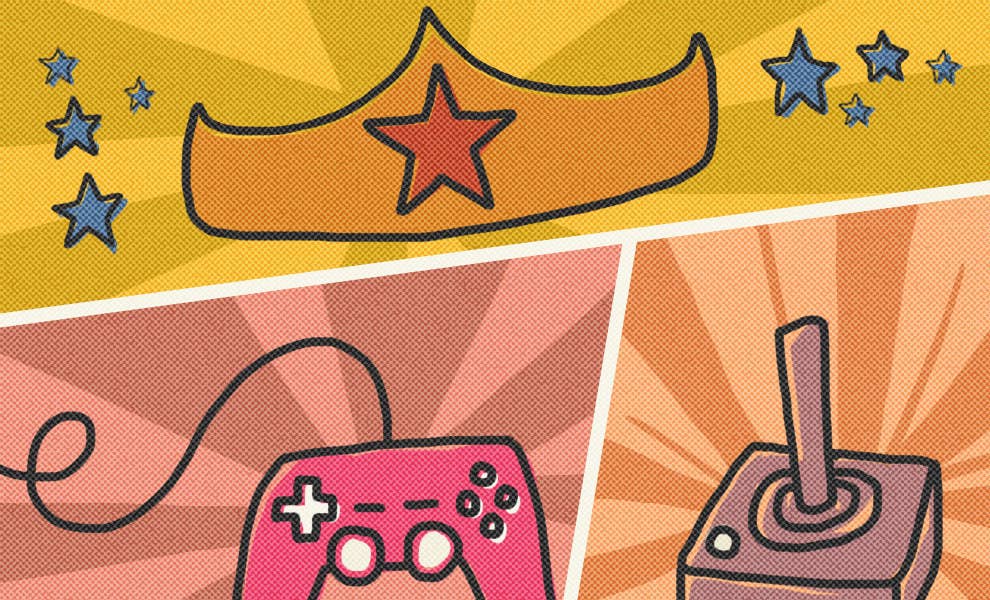
"I remember having a reader phone me up to tell me his masturbatory fantasies about me. I passed him over to a male colleague who just shouted at him until he quaveringly went away and never phoned again. I imagine it would have been much harder for me had Twitter and Facebook been around back then." – Rhianna Pratchett, a games writer best known for her reboot of the Tomb Raider franchise
"I’ve been called 'fragrant'. And [when I engage with climate sceptics] I get called 'naive' a lot, which male scientists at my career stage don’t, even though they say and do similar things. I’ve also been told by this crowd that I only talk to sceptics because I’m 'flattered' by their praise – again, the male climate scientists are never told this." Tamsin Edwards, climate physicist

"At one uni, if I walked through the Senior Common Room with a skirt, I’d be stared at – more as an oddity than in a sexual way. At another uni, where being a woman wasn’t weird, I’d catch colleagues properly leering at my breasts or legs." – Alice Bell, science writer and academic
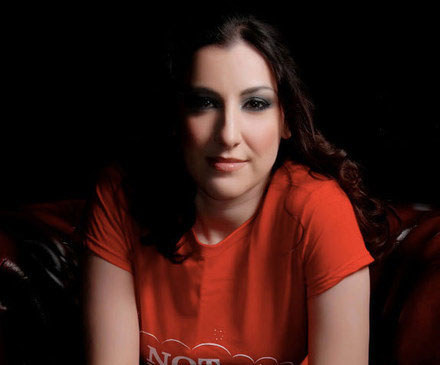
"My favourite example is the guy who, after a brief meeting at an event in the USA at which my then husband was also present, emailed me to say 'you know we were both thinking it: You, me and a hotel'.
"At the same event, another guy reached over and stroked my leg, completely out of the blue, while my husband’s back was turned." Tracy King, a writer working in games and animation and the producer of the animated Tim Minchin movie Storm

"Intelligent but socially awkward men seem to have created this narrative of 'Why can’t I get a girl? I deserve a girl. Therefore girls must be deliberately avoiding me. Therefore girls are evil.'
"GamerGate is obviously a horrific example of that. But it’s not like the rest of society is sexism-free." A psychologist who wants to remain anonymous
"It started to fall apart around 2002–3. Tech conferences began to fill up with smart-casual men. There were nods to women at tech conferences, but only as oddities in what was clearly seen as a man’s domain. So rather than have a lot of female speakers talking about their research, there was a spate of ‘women in technology’ panel discussions, ghettoising women into one hour that people would miss in order to network in the foyer.
"The most infuriating ‘women in technology’ panel I saw had a fashion model on the panel, who was there, as far as I could ascertain, because she used a mobile phone." A well-known tech writer who wishes to remain anonymous


"I get mansplained at least once a day.
"Whenever I discuss a topic like comic books or gaming, there will always be a man who feels the need to inject himself into the discussion and correct me.
"I’m not going to say I’m always right, because I’m not. But I know what I am talking about and do not need to be corrected simply because you feel you are more of an expert than I am." Jamie Broadnax, the author of the blog Black Girl Nerds
"I worked at one company where everyone but me was asked to attend a weekend working retreat. I was the only woman. The reason given was that I would change the tone of the weekend, and the guys’ wives wouldn’t like it if I was there. Yes, because I can’t wait to seduce your gross husbands.
"I quit the job shortly after, when it became clear that I was expected to answer the phones while the men didn’t have to. Women are better at it, apparently. Don’t strain yourselves, chaps. Must be difficult multi-tasking, thinking, and ball-scratching." Tracy King

"One of the most amusing ways that sexism manifests is ‘that’s not a real game’, where the game is whatever women happen to be playing. It’s most often used against Candy Crush. If Candy Crush, which is orders of magnitude more complex than, say, chess, is not a game, then neither is Tetris or Space Invaders.
"Now I’m old and jaded, I don’t care one whit about admitting that I’m crap at twin-stick shooters and find FIFA dull as hell. That’s not because I have ovaries, though, it’s because I am a human with a diverse range of skills and interests and some things interest me more than others." Tracy King
"I wouldn't say [the fake geek girl trope] is the majority view. I've always felt very welcome; I started as the only female writer in an all-male team, but I never felt marginalised or treated badly because of my gender. Occasionally I've found that colleagues have become more open and relaxed when we've had a geek-out about a particular game, or character/storyline etc. But I think it's about establishing a sense of camaraderie and shared passion." Rhianna Pratchett
"I blame Facebook. I know, I know, correlation doesn’t equal causation, but by the time Facebook had really taken hold in 2007, geek culture as I experienced it turned into college boys getting their nobs out and belching a lot while shouting 'get your tits out for the lads'. This frat-boy attitude seemed to permeate every part of geek culture like a bad smell." Tech writer

"There have been lots of occasions when colleagues have attempted to take me less seriously, regardless of academic or professional credentials. As the old cartoon goes, 'That’s an excellent suggestion, Miss Triggs; perhaps one of the men would like to make it?' To combat this I’ve developed a loud voice and aggressive vocabulary, which is deeply unladylike of me. What a fucking shame." Tracy King
"It’s as much a symptom of the internet and social media as it is a problem with gaming culture. We can reach people in a way that we never could before, and we don’t always use that power wisely. It’s accessibility without empathy." Rhianna Pratchett
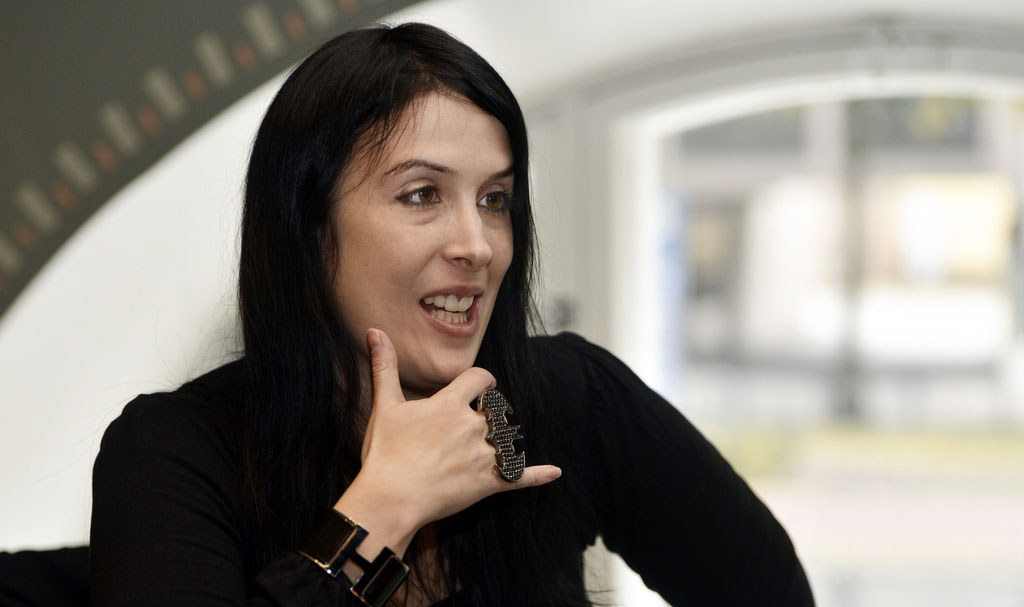
"I think a thing that’s happening with geek culture that’s really toxic is how accepting some places are of the sexism and racism. Not all nerd spaces are like that, but a lot are. When women and people of colour started critiquing a lot of the things produced by geekdom, there was this immediate, extreme pushback." De Ana
"These problems exist in any male-dominated group, because there’s a big crossover with geek culture and the internet, we’re probably just more aware of it. Geeks didn’t invent misogyny or oppression or rape and death threats. Heck, I have some of those on good old-fashioned paper, shoved through my letterbox by a stalker. Nothing new under the sun." Tracy King

"The gatekeeping and sense of entitlement that is happening within geek culture is incredibly problematic. Geeks were once considered a marginalised group. They were 'the other', outside mainstream pop culture.
"But when the term 'nerd' was first coined in the '50s it referred specifically to white males. Now that geek culture has become diverse, it’s seen as a threat to many white males, who adopted this culture back when it first started." Jamie Broadnax
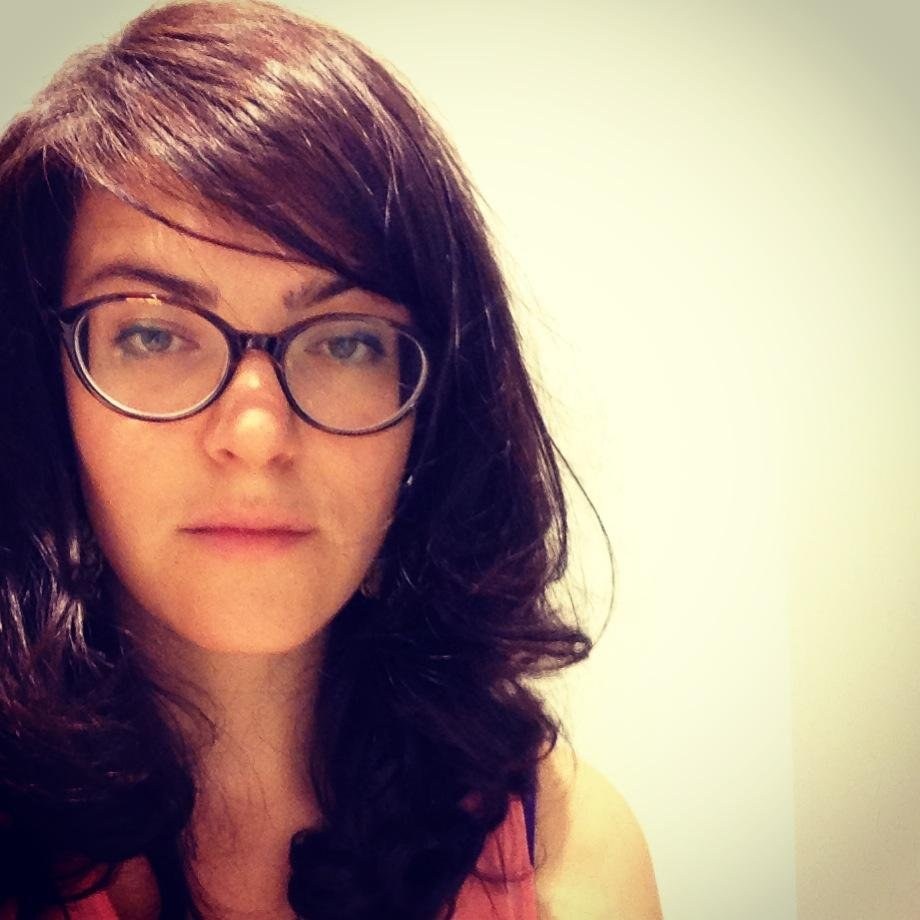
"A macho and/or sexist approach to science really limits your scope — it skews research. I really struggled to get people to take my research on kids’ books seriously – people would actually go 'aww, sweet', the patronising sods – whereas if I said I was working on chemical warfare I’d be treated seriously. Similarly, I’d get told that learning about the media was ‘soft skills'.
"If you think kids’ books are sweet and the media is soft, fine, but you are dismissing some key parts of human life. And your understanding of the world is limited because of that. Sexism is blinkered, if nothing else. And science shouldn’t be blinkered." Alice Bell
"People always either assume that I’m brand new to comics or video games, or that I only know about the female and characters of colour and nothing else. It’s annoying, because a lot of the people who feel the need to grill me about the history of [insert white male comic book character here] don’t even know who a lot of the female and of-colour characters from comics are.
"They’re allowed to be selective and they’re real geeks, but if I look for something that represents me, I’m obviously faking it? That doesn’t make any sense.
"The condescension and the microaggressions have become something I expect. It feels like white male geeks don’t get the same third degree I and other women-of-colour geeks get. There’s always this assumption that we’re new, or that we just got into comics or video games or sci-fi or whatever after geek culture became more of a pop culture thing, which isn’t true in the least bit." De Ana of the podcast Nerdgasm Noire

"The 'fake girl geek' trope is still present in geek circles. Men do not take us seriously because we are women, and do not feel that we are authentically into various fandoms, while whites do not feel black people are a part of geek culture, due to white supremacist ideals of what it is to be black." Jamie Broadnax
"I think there's only a relatively small Venn diagram crossover between gamers on the one hand and absolutely arseholes (of either gender) on the other. But unfortunately that thoroughly unpleasant minority can do a great deal of damage and that shouldn't be ignored.
"I'm not going to pretend for one minute that I have the answer. However, I do think diversity in the industry is important, and not just gender, either, but ethnicity, age, background etc. I think the more unique and interesting voices you have on your team, then the better your product will become." Rhianna Pratchett
"The great thing about geeks of colour being able to talk to one another with the internet and conventions is that a lot of creative folks are coming up with ideas for so many things that are influenced by their own cultures and experiences. It gets kind of monotonous reading the same Tolkienesque fantasy, or playing the same scruffy white dude in video games." De Ana
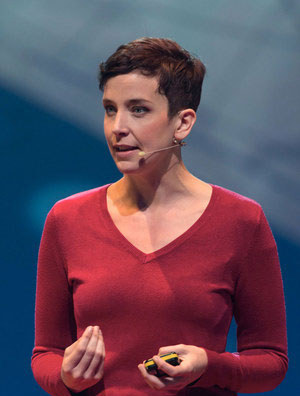
"I’ve received tweets calling me a 'dumb bitch' and 'princess', asking if I want babies or if I’m 'damaged goods'. I’ve had emails calling me a 'bright young bimbo' and saying that the physics went 'right over my proverbially pretty [head]'. Tamsin Edwards
"People have to accept that women and people of colour are not taking anything away from geek culture. We’re adding to it. We’re adding our images, our cultural ideals, our lexicon, and our perspectives into the fold. Diversity should be embraced and not shunned. Our eccentricities are what make us who we are. Besides, monoliths are boring." Jamie Broadnax

